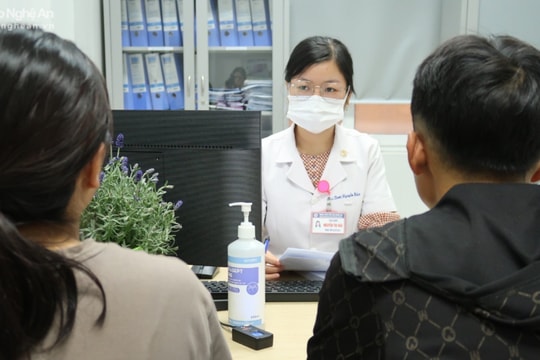Media response to 'World Thalassemia Day'
(Baonghean.vn) - This year's World Thalassemia Day has the theme "Enhancing information dissemination and access to services on thalassemia to contribute to improving the quality of the Vietnamese race".
On the morning of May 7, in Con Cuong district, the Provincial Steering Committee for Population and Development coordinated with the Con Cuong District Steering Committee for Population and Development to organize a communication program for World Thalassemia Day.
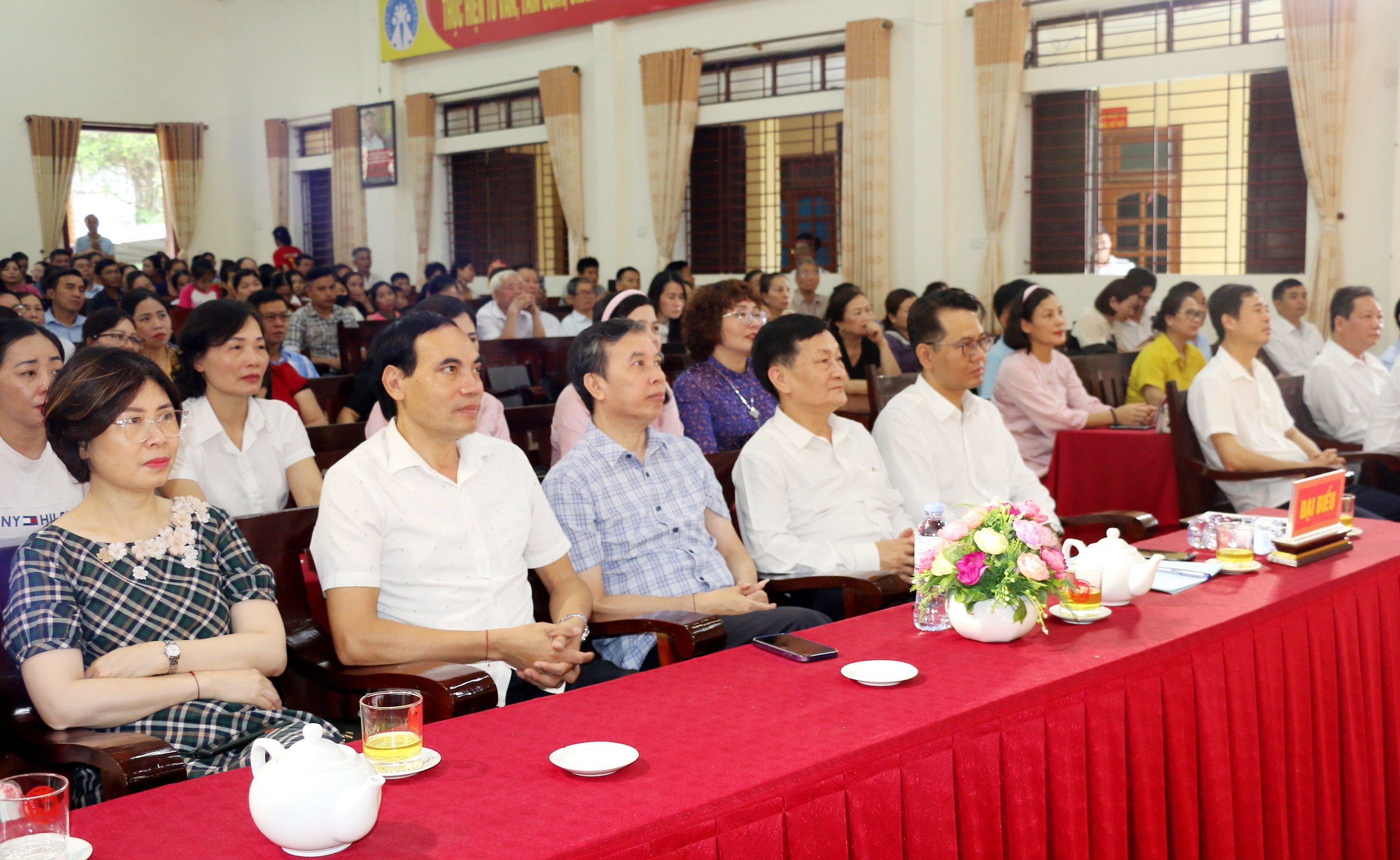
Also attending were comrade Pham Vu Hoang - Deputy Director of the Department of Population - Ministry of Health and delegates representing departments and offices in the department.
On the side of Nghe An province, there were comrades: Phan Van Hue - Deputy Head of the Provincial Department of Population and Family Planning; Luong Dinh Viet - Standing Deputy Secretary, Chairman of the People's Council of Con Cuong district; Pham Trong Binh - Vice Chairman of the People's Committee of Con Cuong district, representatives of leaders, Health Center, Head of Population Department of mountainous districts in the province.
Thalassemia (also known as congenital hemolytic anemia) is the most common genetic hematological disease in the world today. This is one of the diseases that has caused very serious consequences to the race.
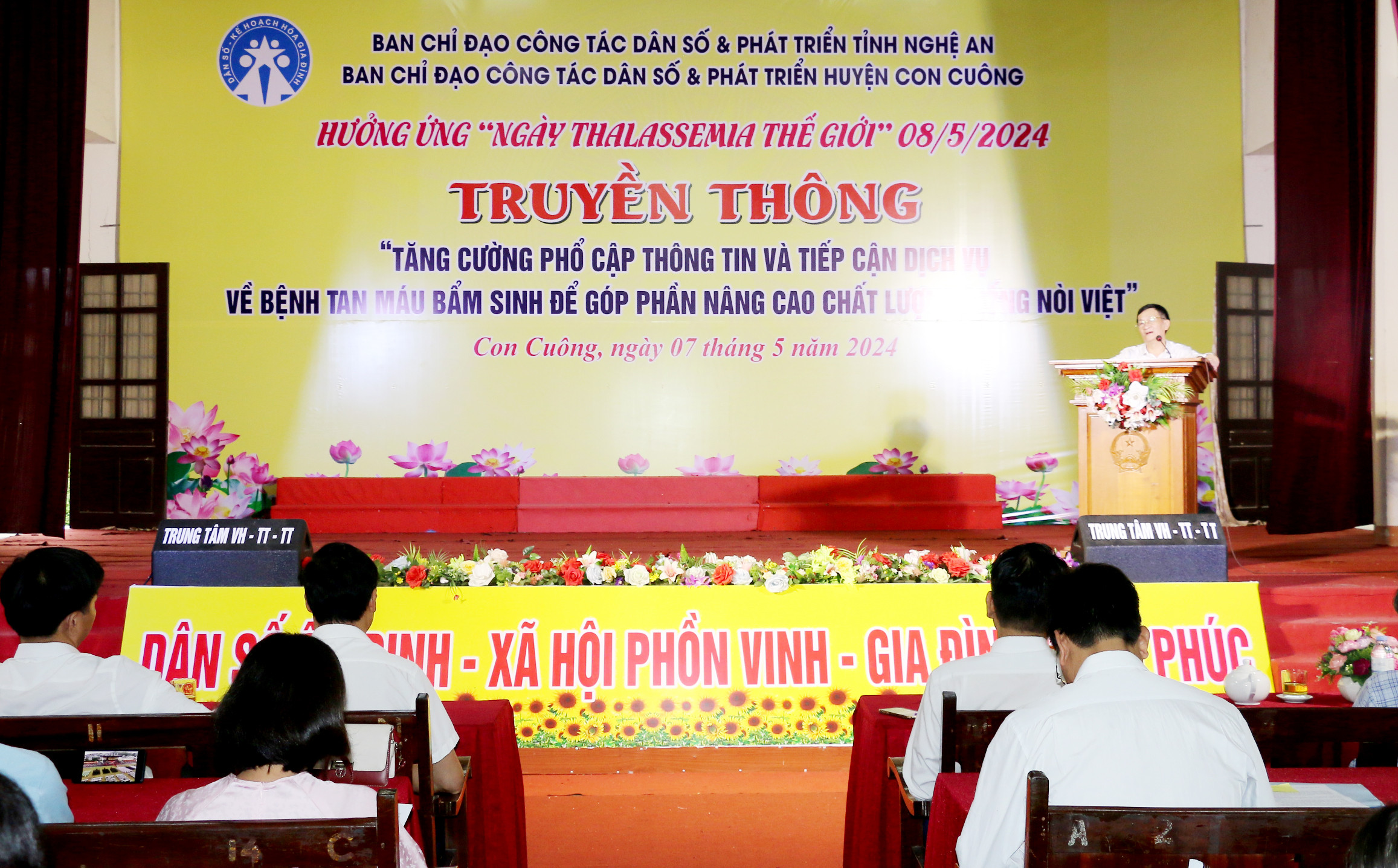
Every year, the International Thalassemia Federation has designated May 8 as World Thalassemia Day. This day is celebrated globally to honor doctors, scientists and healthcare workers in improving the lives of people with this disease.
In Nghe An, up to now there has been no large-scale survey to obtain specific data on the number and status of patients with the disease.congenital hemolytic anemiain the whole province. However, according to the report of the Provincial Hematology and Blood Transfusion Center, every year, the number of patients coming for treatment at the Center is about 350 - 400 people; in Con Cuong district alone, in 2023, 107 people were found to have the disease and are being treated at a number of hospitals.
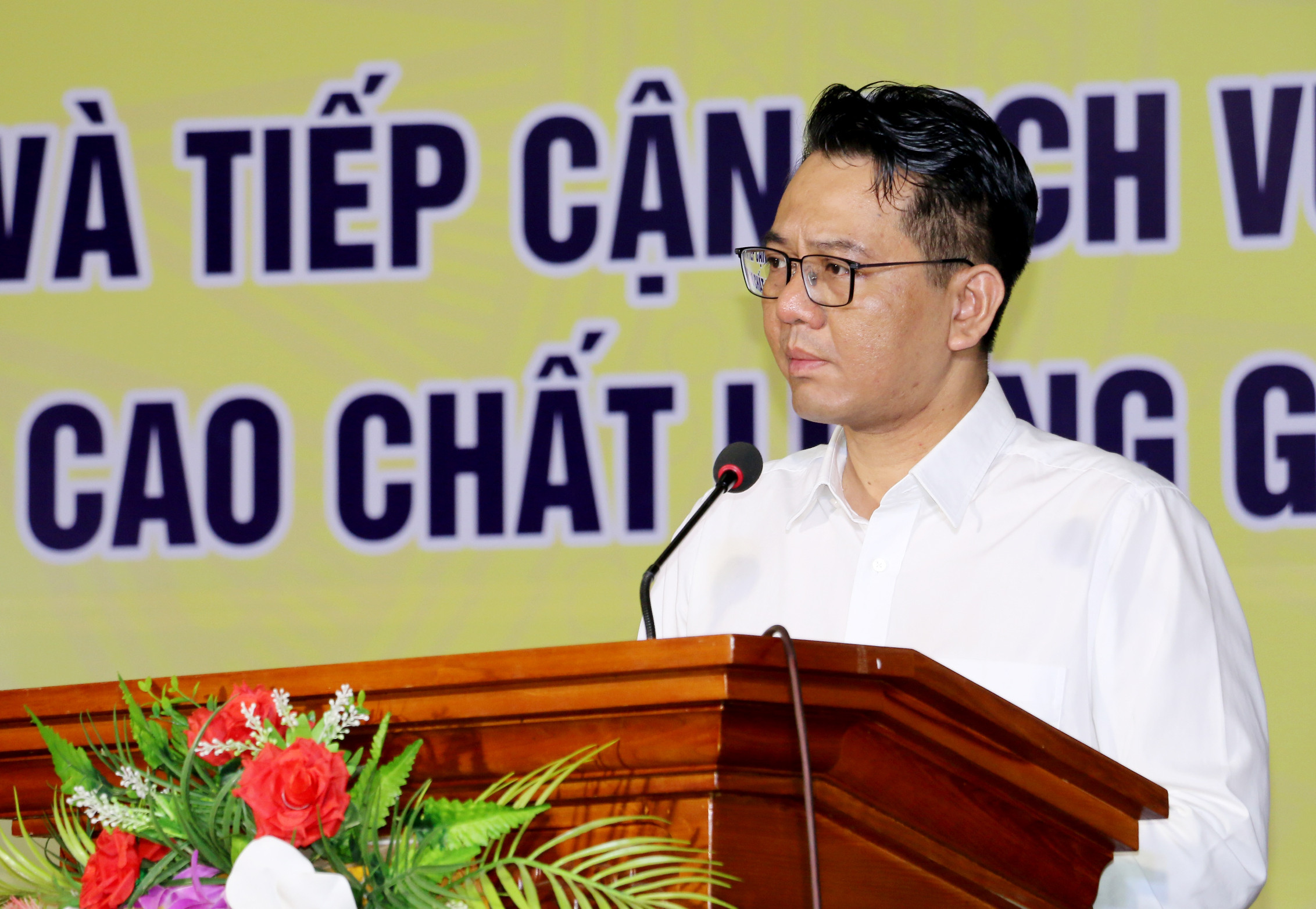
In fact, in the community, the number of undetected patients is quite large, especially in remote, mountainous areas. Meanwhile, the cost of treating thalassemia has been significantly affecting the economic development of each family, creating heavy pressure on blood banks as well as a burden on social costs.
This is also the cause that seriously affects the improvement of population quality and the quality of Vietnamese race.
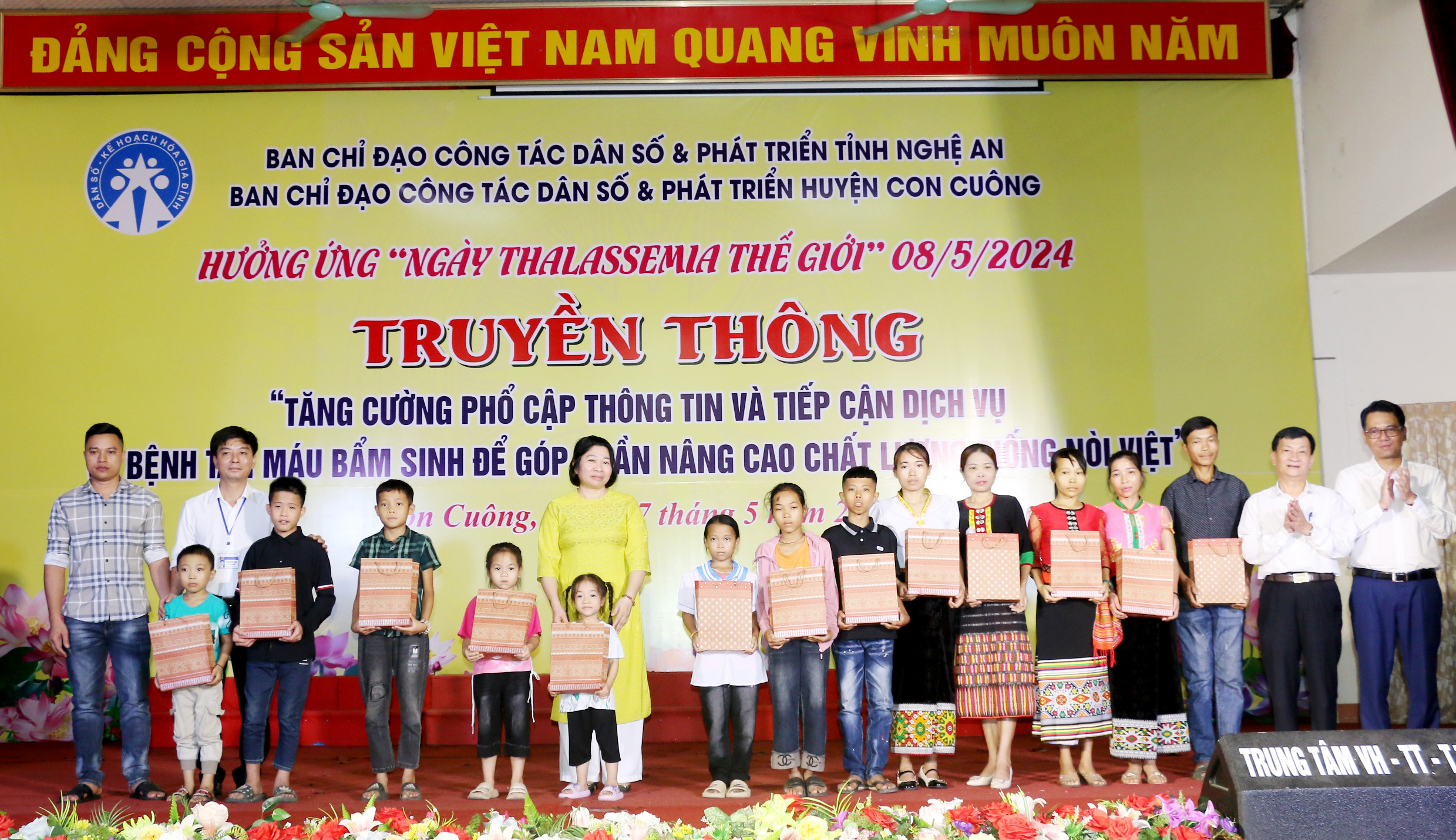
Responding to World Thalassemia Day, at the launching ceremony, Mr. Phan Van Hue - Deputy Head of the Department of Population and Family Planning once again warned about the dangers of Thalassemia. Currently, this is an issue that many countries are concerned about because more than 7% of the world's population carries the disease gene, and more than 200 countries and territories are affected by this disease, including Vietnam.
Studies also show that disease prevention can be up to 90 - 95% effective by measures such as pre-marital health check-ups to determine disease gene carriers, performing screening tests and diagnosing gene mutations during pregnancy...
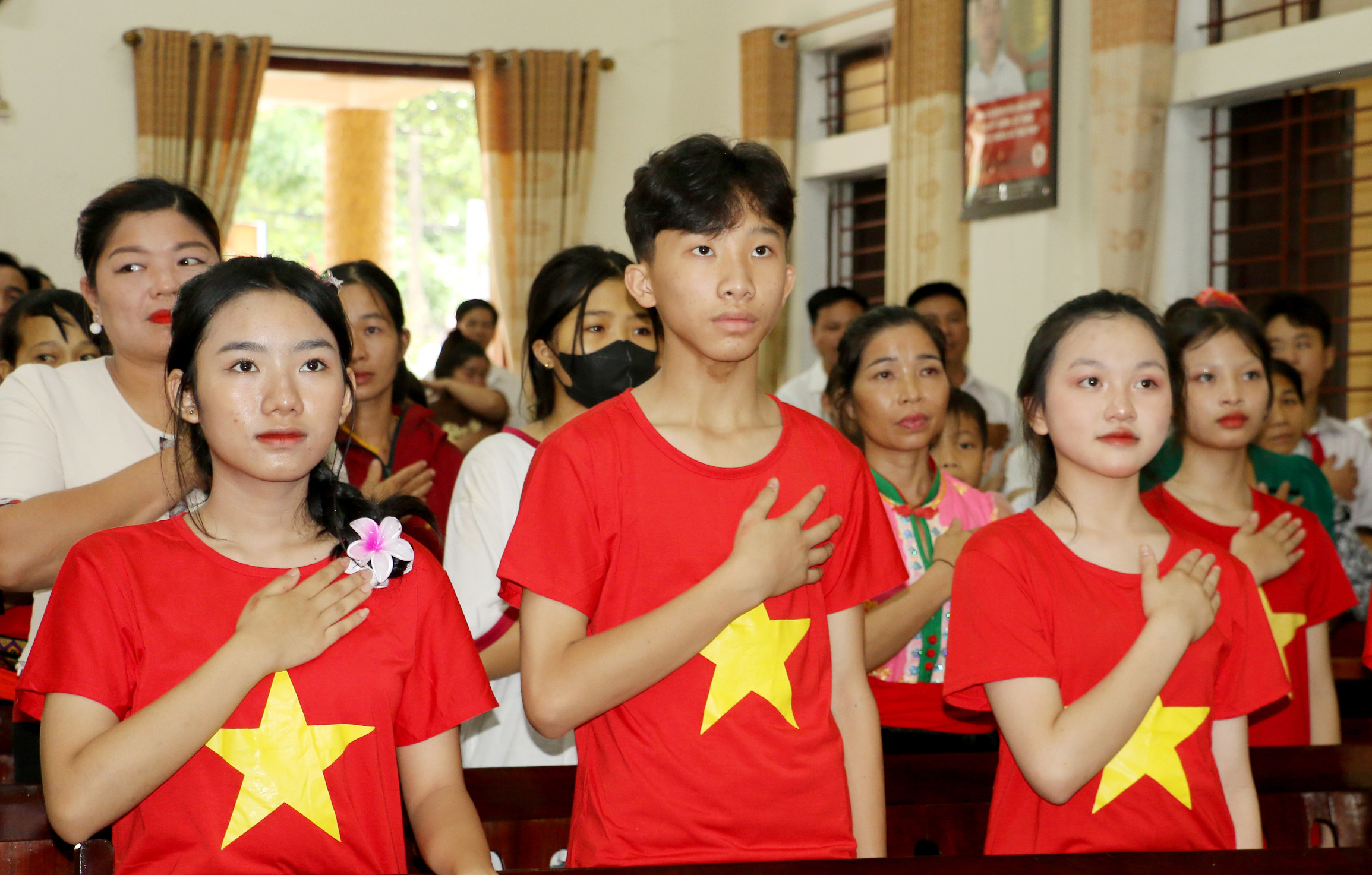
From the above reality, the implementation of the World Thalassemia Day communication program is an opportunity for everyone and every family to better understand the congenital hemolytic disease. At the same time, it enhances the responsibility of all levels and sectors, especially the medical staff and parents, to better understand and be more responsible in repelling this disease. This is also considered a milestone, an initial mark to mobilize the whole society to focus on solving the Thalassemia problem in Nghe An.
Speaking at the ceremony, Deputy Director of the Department of Population Pham Vu Hoang also suggested that localities should organize communication activities in response to World Thalassemia Day. In particular, it is necessary to focus on the theme "Enhancing the dissemination of information and access to services on thalassemia to contribute to improving the quality of the Vietnamese race".
In addition, it is necessary to continue to promote the importance of screening, diagnosis, and early treatment of prenatal and neonatal diseases, the causes, and consequences of thalassemia for the community and society.
At the same time, it is necessary to strongly promote the benefits of pre-marital health check-ups, especially for high-risk groups. Promote and educate on behavior change, contributing to raising awareness and responsibility of each individual in screening, diagnosing and treating some prenatal and neonatal diseases and disabilities.

Through this, it is also hoped that party committees and authorities at all levels need to strengthen leadership and direction of departments, branches, organizations and the entire community to promote their roles and responsibilities in repelling thalassemia. Coordinate and integrate thalassemia propaganda into the activities of departments, branches and organizations, ensuring the active and maximum participation of all levels and branches.

